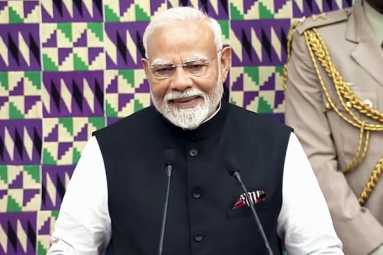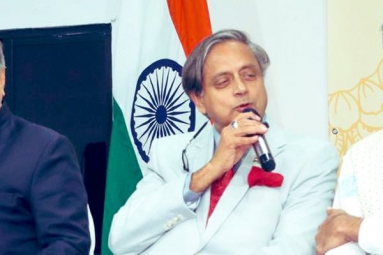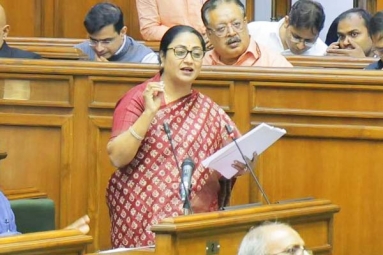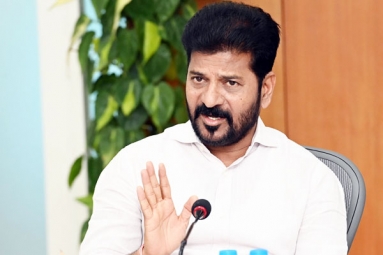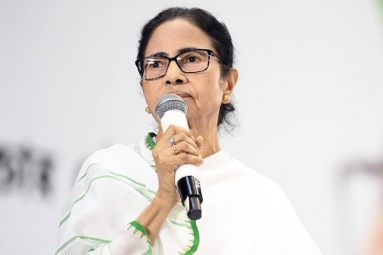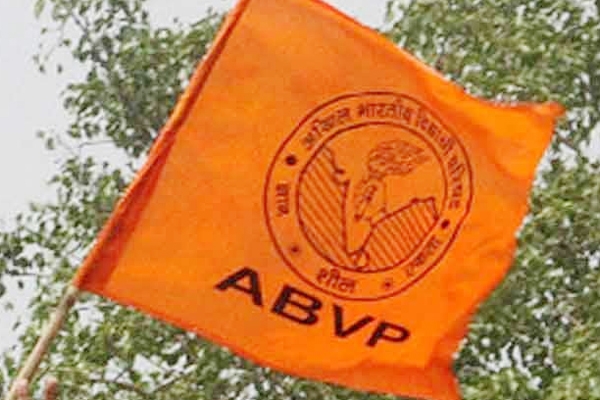
(Image source from: ABVP grows with nationalism})
Much of the ABVP’s confidence has been due to more than a decade of growth, capped by a resurgence at JNU. In the past 13 years, its membership across the country has nearly trebled, from 11 lakh to close to 32 lakh. In the standoff at JNU and during the controversy over Rohith Vemula’s death at Hyderabad Central University, the common feature seen has been the aggression of the Akhil Bharatiya Vidyarthi Parishad.
“People say that our growth is due to the BJP being in power,” said RSS pracharak Sunil Ambekar, the ABVP’s national organising secretary. “But we have grown the most in the past 10 years when UPA was in power. We had just 11 lakh members in 2003.” Between 2003 and 2013, the ABVP membership doubled to 22 lakh, growing one lakh a year.And in 2014, the year the current government came to power, the ABVP’s membership jumped over nine lakh to reach 31.75 lakh. Today, the organisation boasts of more than 9,800 units in universities and colleges nationwide.
RSS member Ranvijay Singh, a former office-bearer of the ABVP at JNU who now teaches at Central University of Jharkhand, says the relationship between the RSS and the ABVP, or between the BJP and the ABVP, is organic in nature and no one needs to tell the other what to do. “At our time, the only thing we got RSS leaders to the campus was for motivational speeches. We got ideological direction and guidance on national issues. But it was we who decided what to fight for in the university,” he said.
“While we continue to push for our nationalist agenda that lays stress on India’s glorious past, its great culture and national reconstruction, we have quit opposing Valentine’s Day, taken to social media and become more inclusive with increasing representations from various castes and groups and focused on women,” Sunil Ambekar, the ABVP’s national organising secretary said.
“We have won seats because of the sincerity of our members about issues affecting students. That has brought people closer to our ideology as well,” says Ambekar.
Regarding Jawaharlal Nehru University, “When I came, the Left held complete sway. We were treated as untouchables. People would not even shake hands with us. This was more so in social sciences. We had supporters in schools of languages and pure sciences, but even they would not openly come out,” said Mahapatra, who now owns a law firm and holds the post of general secretary in RSS’s Adhivakta Parishad in Delhi.
ABVP’s biggest cultural achievement in so many years at JNU has been the yearly celebration of Durga Puja. “There was great opposition by the Left in 1999. They said religious activity could not be allowed on campus. So we asked them to stop iftaar too. As the tussle went on for three years, support for us kept growing, thanks to a sizeable number of Bengali students. It is now celebrated with much fanfare every year,” said a former ABVP member.
“We will continue to agitate against anti-national activities on campus. Our next stop will be the Tata Institute of Social Sciences in Mumbai. It is an even bigger hub of Maoists than the JNU,” a senior ABVP leader said.
By Premji






